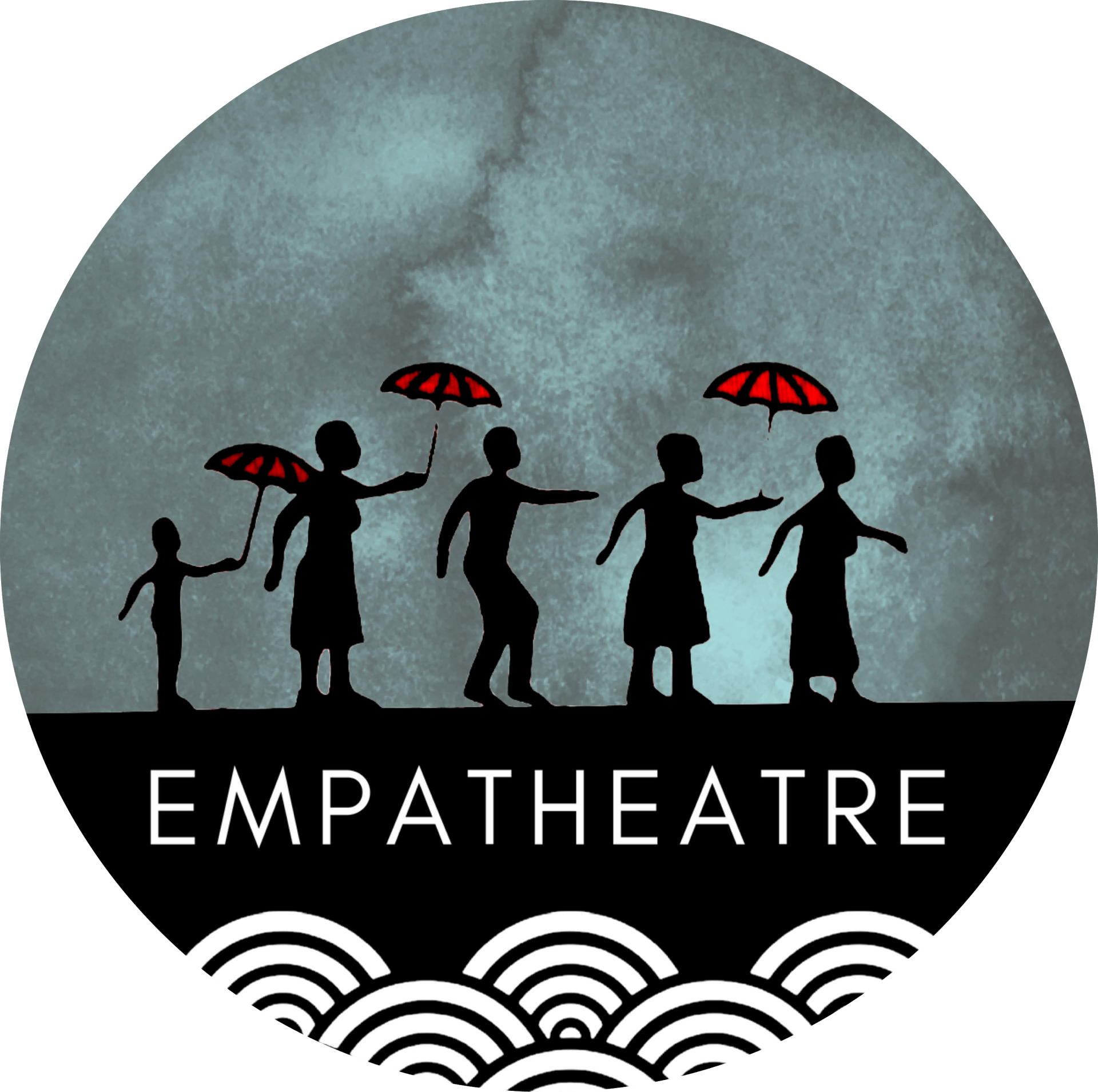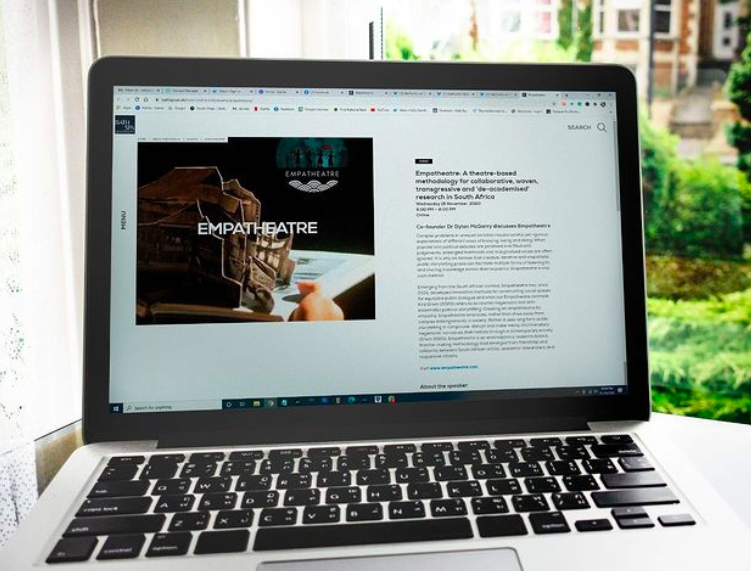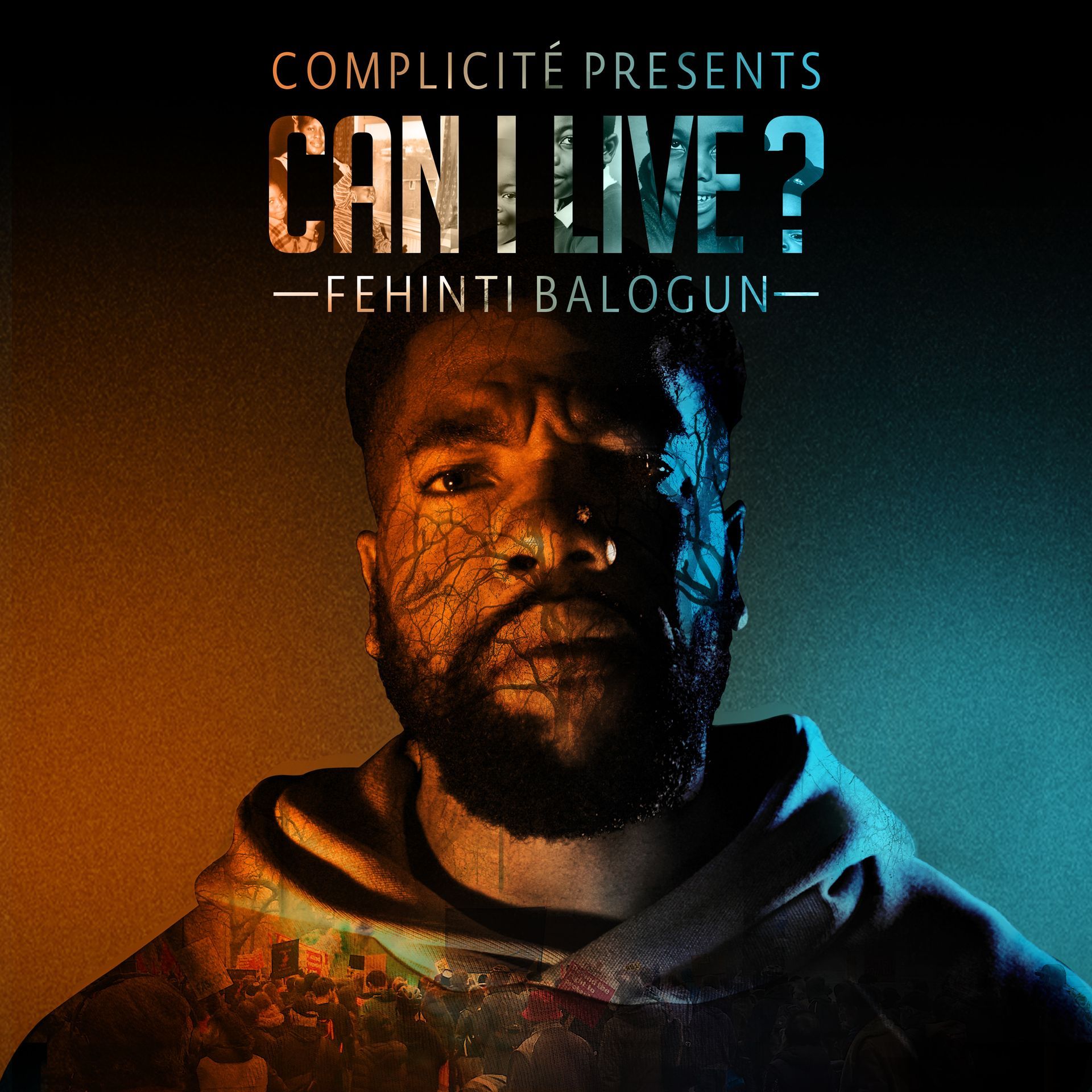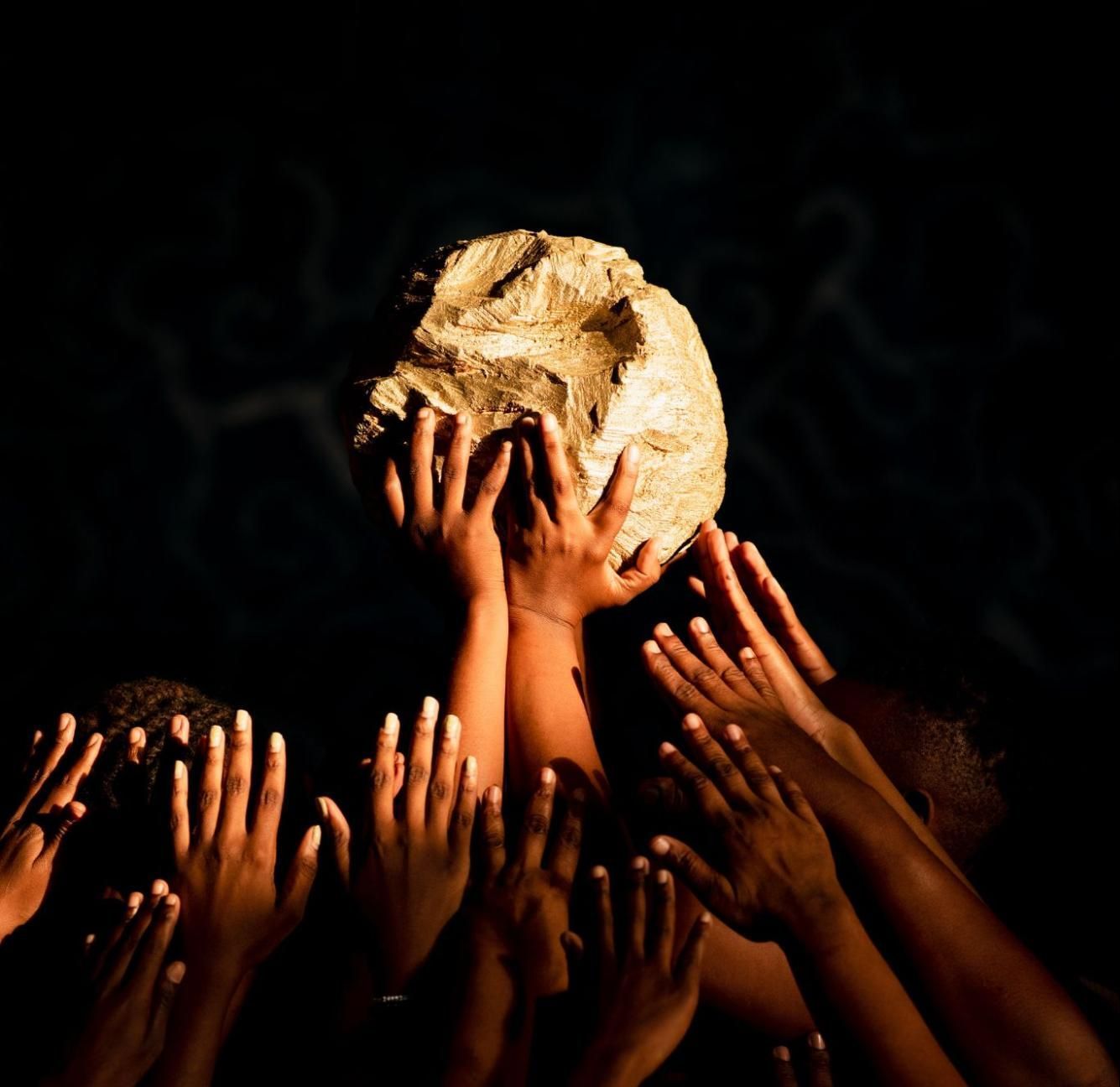Empatheatre as a Pedagogical Tool
End of year Empatheatre newsletter.
The three narratives and characters featured in Lalela uLwandle lent themselves beautifully to an audio reimagining, as did the evocative sound-design by Tristan Horton and score by Gary Thomas and Guy Buttery. If you haven’t yet listened to the Podcast of the play, please do so by clicking on the below link….
https://soundcloud.com/user-670708972/lalela_ulwandle
Obviously we've been heartsore to not be able to join together in our Empatheare circles this year. We’ve missed the interaction with our audiences, the intimate and tender acts of sharing and listening as well as the stimulating post-show discussions and debates which usually occur after every performance.
Still, the succession of obstacles 2020 has lobbed at us, have also allowed for some exciting new innovations and developments to take place within our praxis, some of which have ushered us into unexpected new creative and pedagogical arenas.
Working with the Podcast format is one, we still believe, enables our audiences to engage in deep empathetic listening. One might ever consider the reception of these stories-- via earphones-- a deeper and even more involved listening experience. In this format, the listener is not spoon-fed visual clues as they are in a live performance. but rather encouraged to dream the stories to life in the auditoriums of their own beautiful and boundless imaginations.
Another exciting development that has occurred by working within aural arena’s such as the ones we are currently experimenting with, is that our Empatheatre stories and productions are now able to travel more easily and broadly enabling them to be used as resources readily and freely available online to teachers’ and lectures’ across the globe.
New Paragraph
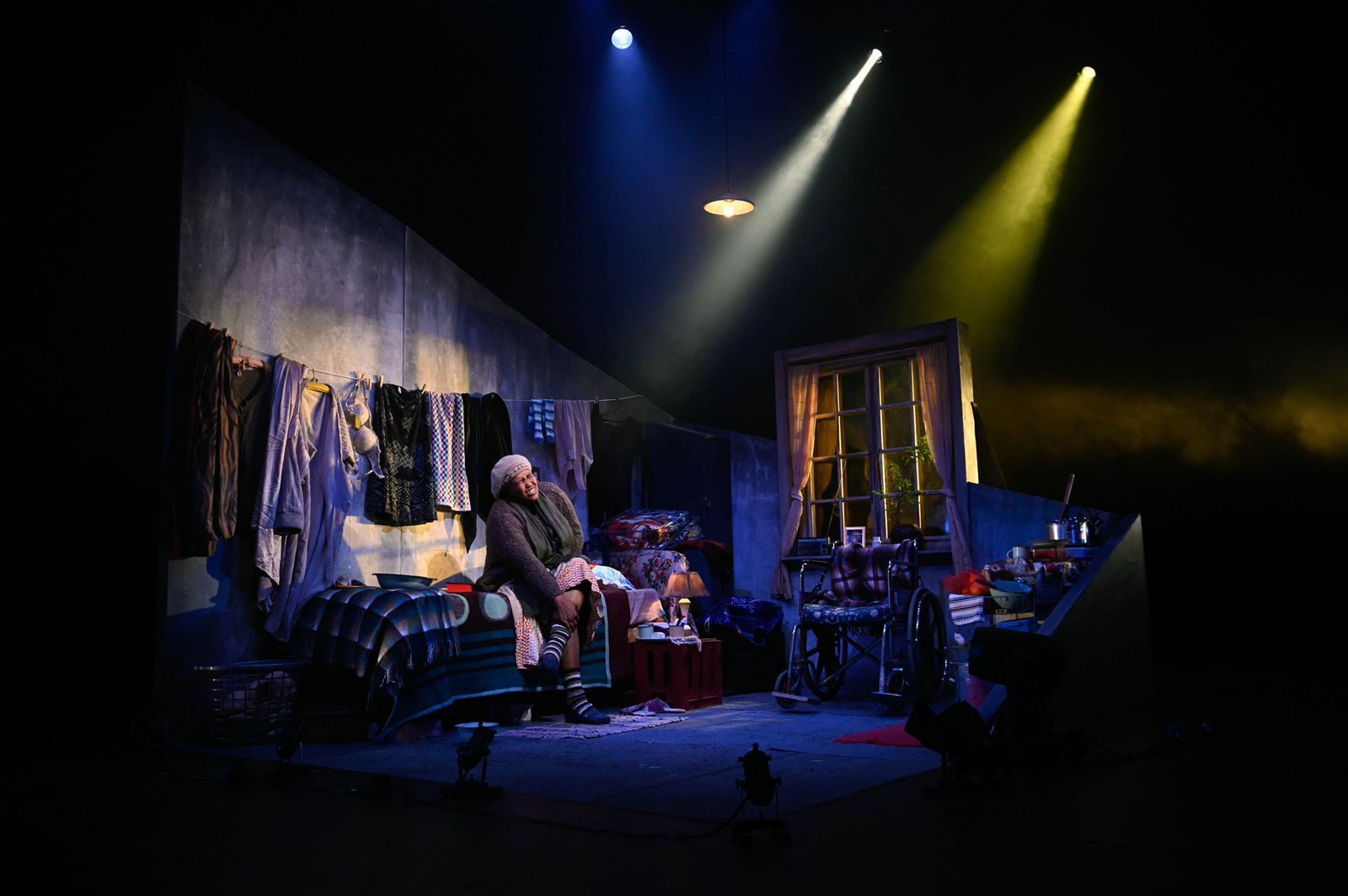
How do we make sense of the violent histories that mark our past? This play, Isidlamlilo, forces us to engage seriously with this question. Depending on your own relationship with our violent history, this play awakens a profound and at times unsettling realization that history is a living breathing force in all our lives. Isidlamlilo is set in the dying days of Apartheid, and in the present democratic South Africa.
